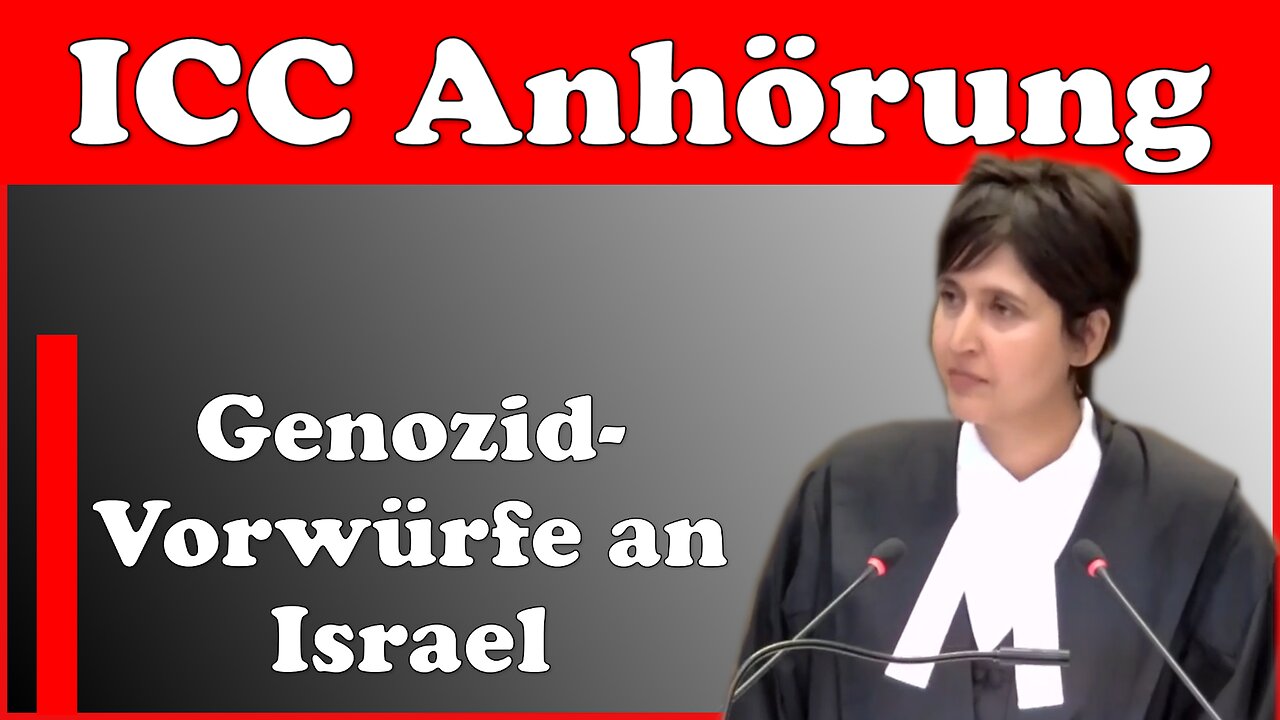Premium Only Content

January 12, 2024
9 In 2020, the
United Nations Special Rapporteur on the situation of human rights in the Palestinian territories
occupied since 1967 described the impact of Israel’s blockade on Gaza as having turned Gaza “from a
low-income society with modest but growing export ties to the regional and international economy to
an impoverished ghetto with a decimated economy and a collapsing social service system”.100 In 2022,
he described the situation as follows:
“In Gaza, the apparent strategy of Israel is the indefinite warehousing of an unwanted
population of 2 million Palestinians, whom it has confined to a narrow strip of land through its
comprehensive 15-year-old air, land and sea blockade (with further restrictions by Egypt on the
southern border of Gaza). Ban Ki-moon has called this political quarantining of the population
a “collective punishment”, which is a serious breach of international law. The World Bank
reported in 2021 that Gaza had undergone a multi-decade process of dedevelopment and
deindustrialization, resulting in a 45 per cent unemployment rate and a 60 per cent poverty rate,
with 80 per cent of the population dependent on some form of international assistance, in
significant part because of the hermetic sealing of the access of Gaza to the outside world. The
coastal aquifer, the sole source of natural drinking water in Gaza, has become polluted and unfit
for human consumption because of contamination by seawater and sewage, substantially
driving up water costs for an already destitute population. Gaza is heavily dependent on external
sources — Israel and Egypt — for power, and Palestinians live with rolling power blackouts of
between 12 and 20 hours daily, severely impairing daily living and the economy. The entry and
export of goods is strictly controlled by Israel, which has throttled the local economy. The
health-care system in Gaza is flat on its back, with serious shortages of health-care
professionals, inadequate treatment equipment and low supplies of drugs and medicines.
Palestinians in Gaza can rarely travel outside of Gaza, which is a denial of their fundamental
right to freedom of movement. More acutely, they have endured four highly asymmetrical wars
with Israel over the past 13 years, with enormous loss of civilian life and immense property
destruction. The suffering was acknowledged by Antonio Guterres in May 2021, when he
stated: “If there is a hell on earth, it is the lives of children in Gaza”.
https://www.icj-cij.org/sites/default/files/case-related/192/192-20231228-app-01-00-en.pdf
-
 1:19:23
1:19:23
Game On!
15 hours ago $1.73 earnedIt all comes down to THIS! Florida vs Houston Title Game Preview!
10.8K -
 3:17
3:17
Nick Shirley
14 hours ago $13.15 earnedI Got Attacked By Anti-Elon & Anti-Trump Protesters
30.6K134 -
 12:55
12:55
Degenerate Jay
22 hours ago $3.97 earnedIt's Time For A New Silent Hill HD Collection
29.8K3 -
 23:09
23:09
JasminLaine
13 hours agoHe Said It… On Tape—Carney ADMITS It! Poilievre SILENCES the Entire Room
26.1K41 -
 10:50
10:50
Mrgunsngear
15 hours ago $5.39 earnedSupreme Court Rules On ATF's Frame & Receiver Rule & How President Trump Can Fix This
33K24 -
 26:00
26:00
CatfishedOnline
22 hours agoWoman Insists Mark Zuckerberg Profile Is Not A Romance Scam!
22.2K8 -
 8:21
8:21
Rebel News
20 hours ago $1.97 earnedPortugal’s Political Crisis: A Nation Heads to the Polls Again
34.7K5 -
 LIVE
LIVE
PudgeTV
9 hours ago🟣 The Legend of Zelda: Majora's Mask | Retro Gaming on Rumble
109 watching -
 2:31:02
2:31:02
vivafrei
22 hours agoEp. 258: Taibbi Sues for Defamation! Trump Tariff Madness! Russell Brand, Greenpeace Verdict & MORE!
185K261 -
 2:27:12
2:27:12
Nerdrotic
15 hours ago $43.15 earnedCIA JFK Assassination Documents | Forbidden Frontier 097
138K77